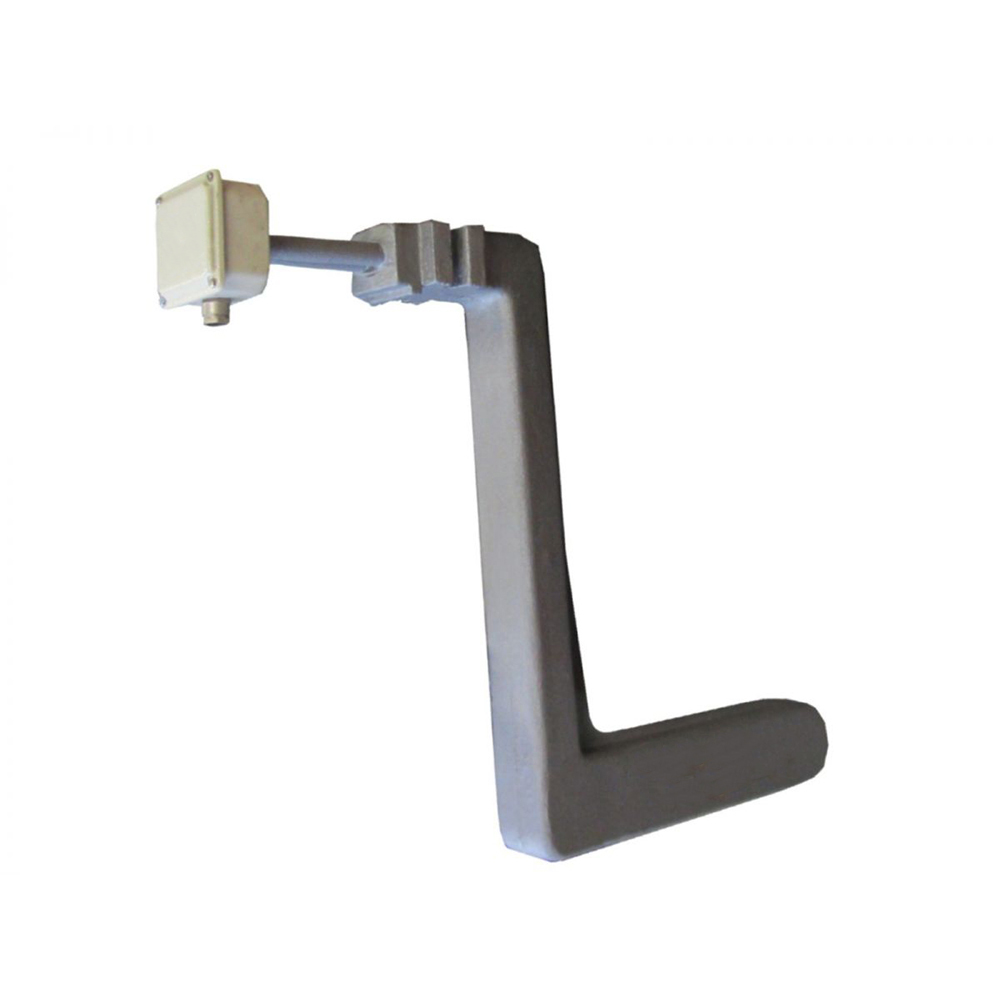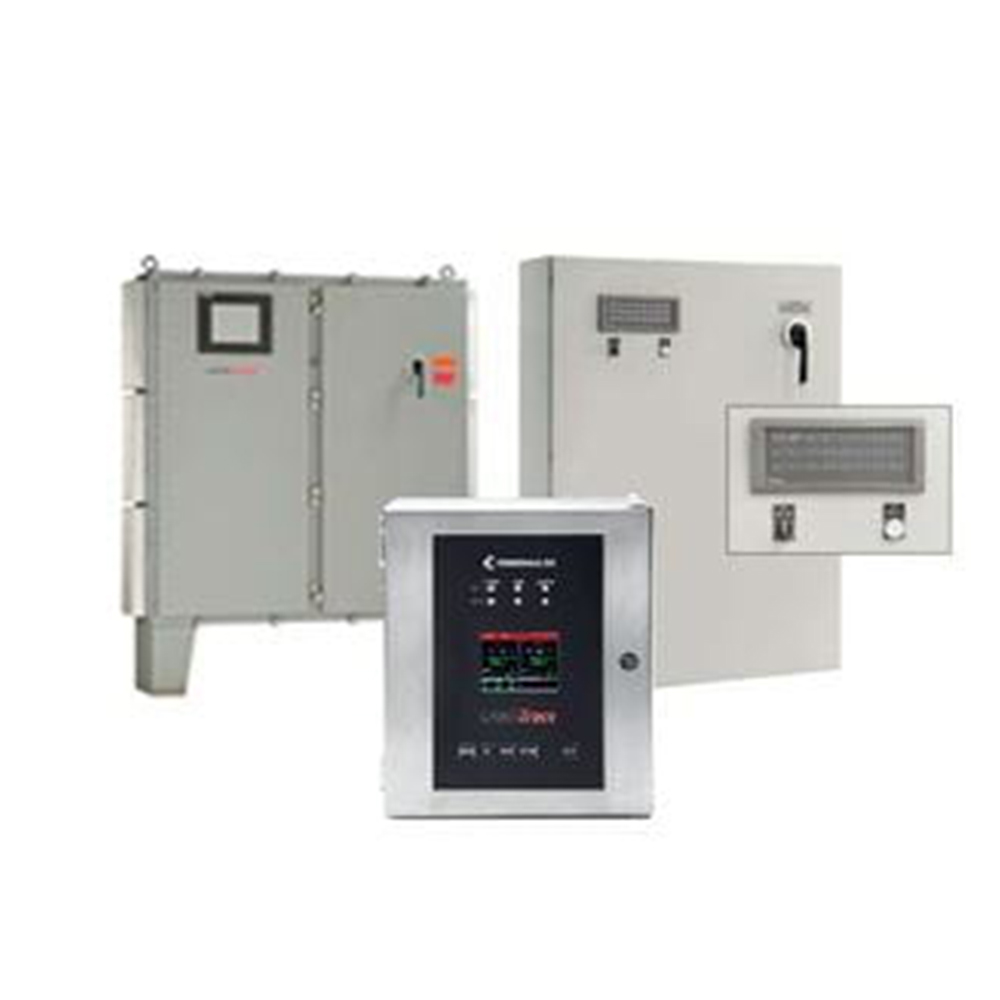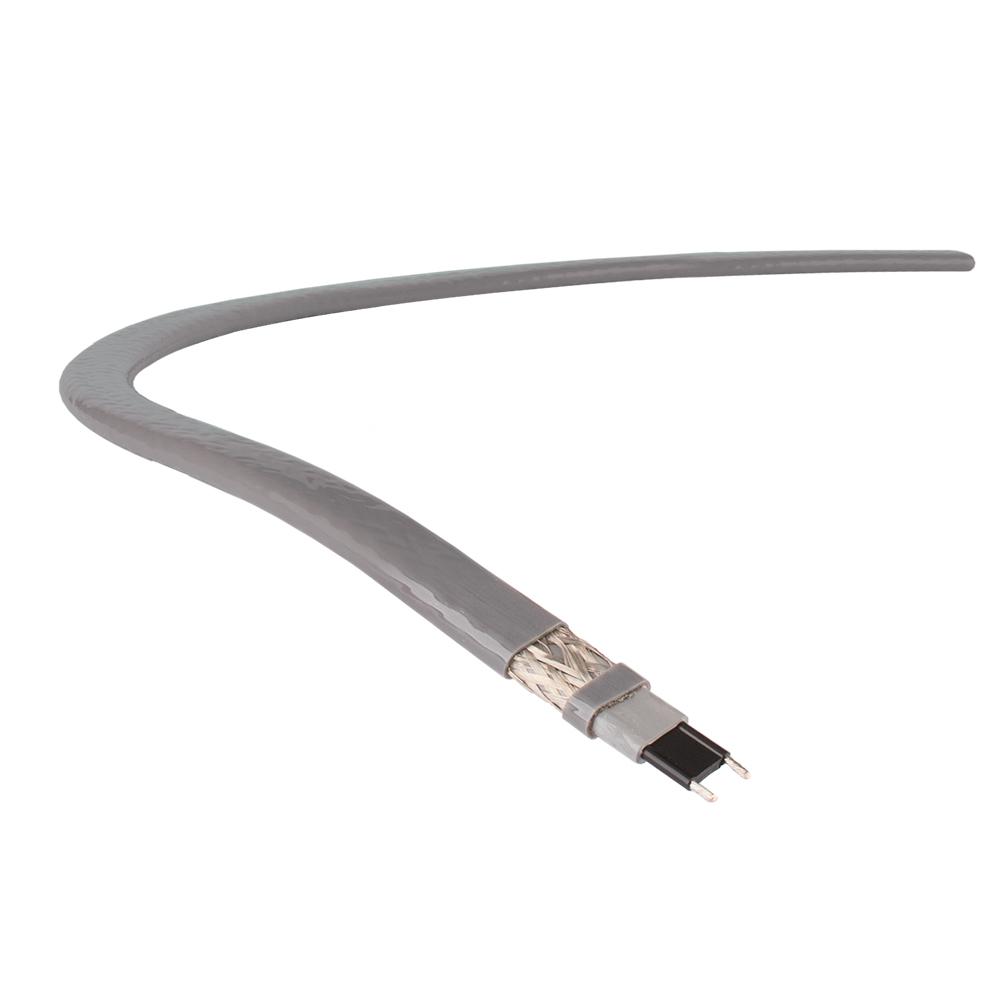Good quality Explosion Proof Air Duct Electric Heater - High temperature trace heating – Weineng
Good quality Explosion Proof Air Duct Electric Heater - High temperature trace heating – Weineng Detail:
Feature
Trace heating cables contain two copper conductor wires that are parallel in length which creates a heating zone with a resistance filament in place. With a fixed voltage supplied, a constant wattage is produced which then heats up the zone.
Application
The most common pipe trace heating applications include:
Freeze protection
Temperature maintenance
Snow Melting On Driveways
Other uses of trace heating cables
Ramp and stair snow / ice protection
Gulley and roof snow / ice protection
Underfloor heating
Door / frame interface ice protection
Window de-misting
Anti-condensation
Pond freeze protection
Soil warming
Preventing cavitation
Reducing Condensation On Windows
FAQ
1.Are you factory?
Yes, we are factory, all customers are more than welcome to visit our factory .
2.What if heat tape is too long?
Usually you can wrap the tape around the pipe as you install it. You can then add or subtract wraps to adjust the length and make it come out where you want. This works well for just a short amount of slack.
3.Should heat tape feel warm to touch?
Feel along the length of the heat tape. It should be getting warm. If the heat tape fails to warm up, after 10 minutes, the thermostat or the heat tape itself is bad.
4.Does heat trace need to be insulated?
If you can see the pipe at any point it MUST be insulated. Wind-chill and extreme cold ambient temperatures are the main factors that lead to heat loss, causing your pipe to freeze even when protected by heat trace. … Being in a boxed enclosure or big-o drain pipe is not enough protection, it must be insulated.
5.How warm should heat tape be?
The better quality tapes use a thermal sensor embedded in the tape to turn on the heating process once the temperature drops to around 38 degrees F (2 degrees C). Manufacturers instructions are provided on the package on how to properly install the tape.
Production Process
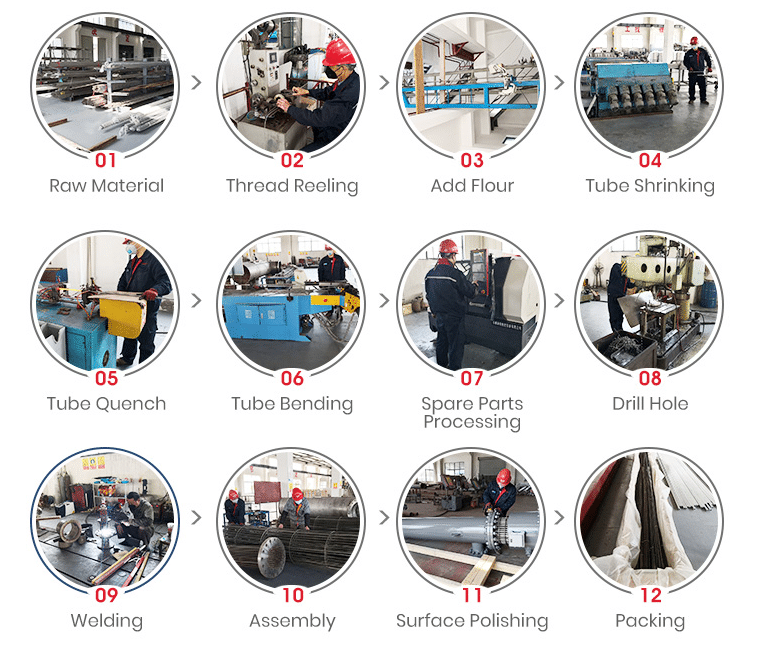
Markets & Applications

Packing
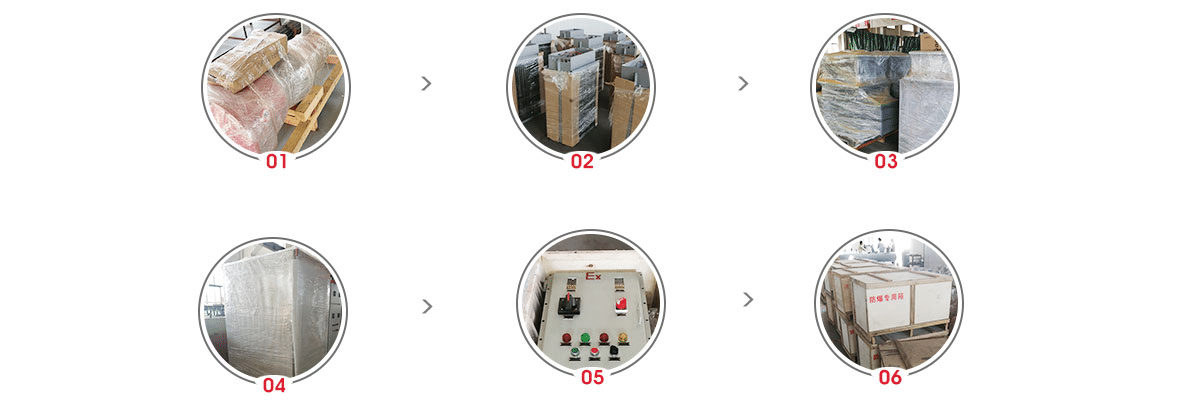
QC & Aftersales Service

Certification

Contact information

Product detail pictures:



Related Product Guide:
Our progress depends about the advanced products ,fantastic talents and continuously strengthened technology forces for Good quality Explosion Proof Air Duct Electric Heater - High temperature trace heating – Weineng , The product will supply to all over the world, such as: Romania, luzern, Vancouver, Our items have national accreditation requirements for qualified, high quality products, affordable value, was welcomed by people today all over the world. Our goods will continue to enhance within the order and look forward to cooperation with you, Should any of these products be of interest to you, please letus know. We are going to be content to offer you a quotation up on receipt of your detailed needs.
The factory workers have a good team spirit, so we received high quality products fast, in addition, the price is also appropriate, this is a very good and reliable Chinese manufacturers.

